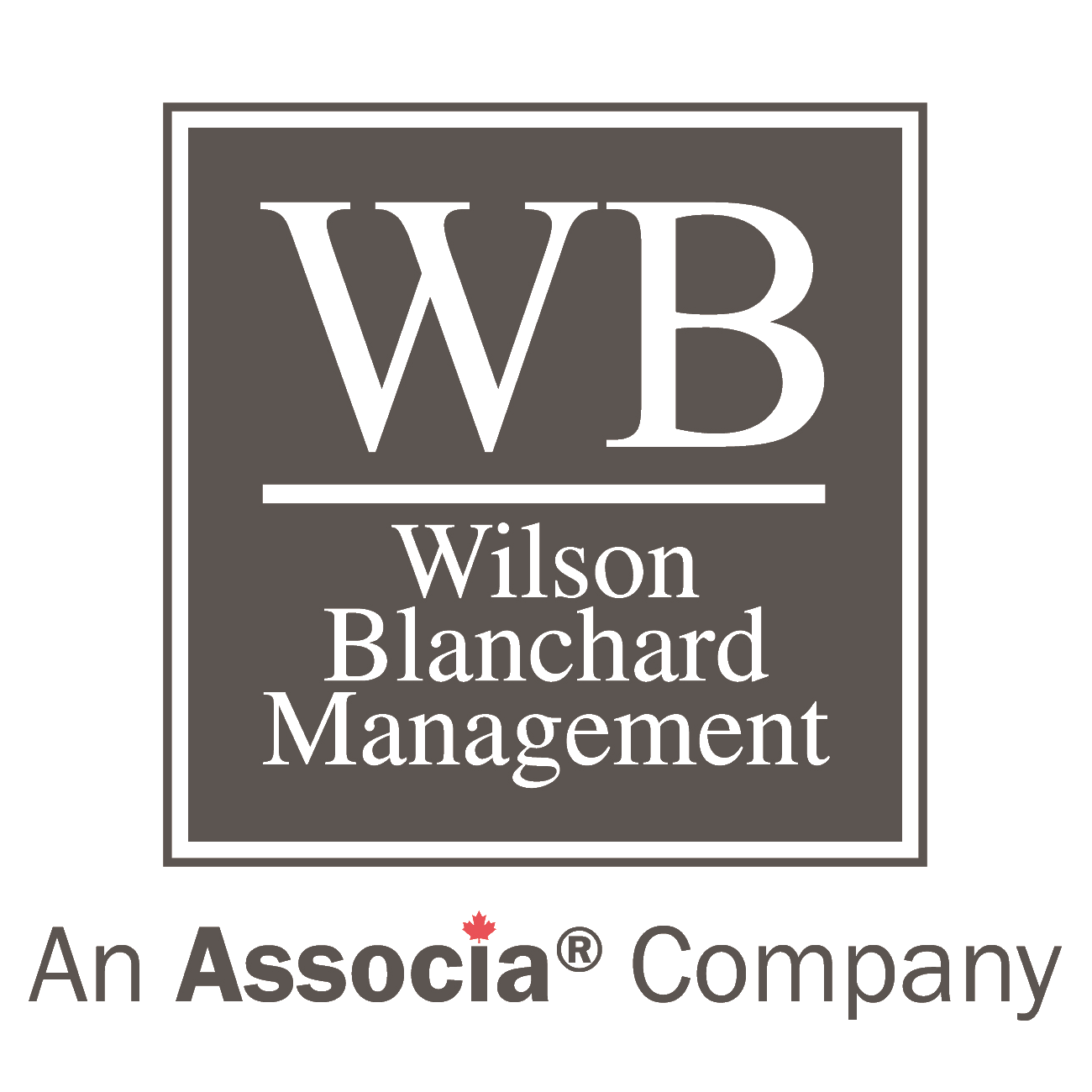Accessibility for Ontarians with Disabilities Act
By Karen Reynolds, RCM, ACCI, FCCI, AIHM – Chief Operating Officer
From the WB Condo Connection – Volume 3, Issue 4
Just when you thought your corporation was ahead of the game by complying with the Amendments to the Occupational Health and Safety Act (Bill 168), more legislation applicable to condominium corporations comes down the pipe! Yes, it’s true! The Accessibility for Ontarians with Disabilities Act (AODA) was enacted June 13, 2005 and the first Regulation to become law under that legislation is The Customer Service Standard. The deadline for compliance with the standard was January 1, 2012.
AODA is viewed as a key for making the entire province accessible and allows the government to develop, implement and enforce mandatory accessibility standards in key areas of daily living.
The purpose of the Customer Service Standard is to identify, remove and prevent obstacles and barriers that inhibit access to goods and services by people with disabilities.
Persons with disabilities are a growing part of our population and this legislation and its regulations mean that rather than addressing accessibility issues on an individual “one off” basis when a request is received, any providers of goods and services in the public or private sector must develop and implement customer service policies and procedures for serving people with disabilities. All members of staff must be trained to ensure the policies and procedures are being implemented.
Does this mean that corporations need to remodel elevators and entrances by January 1st? We think not but if your buildings or amenities are not accessible to all, then you should be putting plans in place to incorporate modifications going forward and providing for the cost in future budgets. This legislation is not just relative to accessing your building and/or common areas. Think about any barriers in your corporation and ways in which those barriers could be removed. It includes having policies and procedures in place for the delivery of notices and newsletters to residents who have visual disabilities and providing access to common areas for residents with service animals. Fire alarm systems in units and common areas should be retrofitted to accommodate the deaf or hearing impaired and personal support workers must be permitted to accompany persons with disabilities. And, in the event those systems which were put in place to accommodate persons with disabilities are temporarily unavailable, your policy should address how you will notify affected individuals.
This legislation applies to all condominium corporations who have at least one employee but if you have no employees and are aware of persons with disabilities in your corporation whose access is restricted, why not consider adopting a policy to assist them?
Bear in mind when drafting your policies and procedures that they should respect the dignity and independence of persons with disabilities, must be integrated to enable persons with a disability to obtain, use or benefit from the goods or services and provide equal opportunity for persons to use and benefit from the goods or services.
As a company, Wilson, Blanchard has drafted and adopted our own Policies and Procedures and will be providing training to all staff members early in January. As part of our own package, we have also developed a template for use by our corporations. Of course, it is your choice whether you utilize our template or have your own prepared by your corporation’s solicitor.
At present, there may be no persons with disabilities residing in your corporation however, as our population ages and our disability rate increases, the chances you will be faced with retrofitting common areas or modifying your delivery methods due to a request increase. Penalties including fines and/or compliance orders have been put in place for corporations who fail to meet their obligations. Don’t procrastinate. Develop your policies and procedures and train your staff now.
